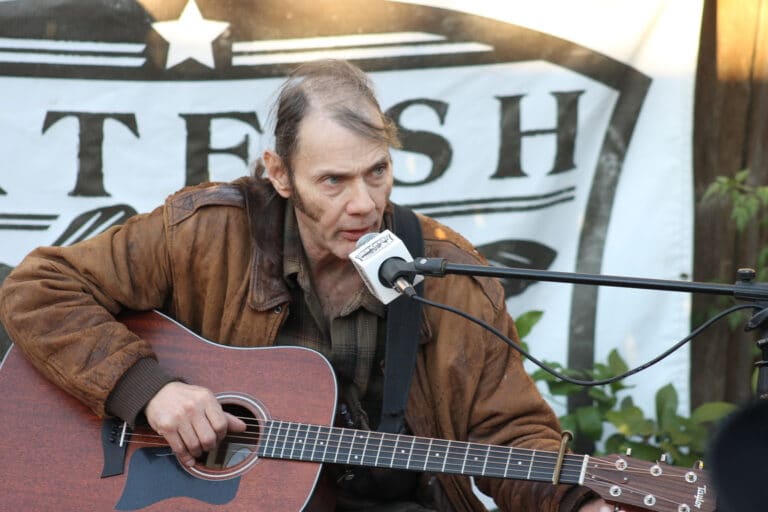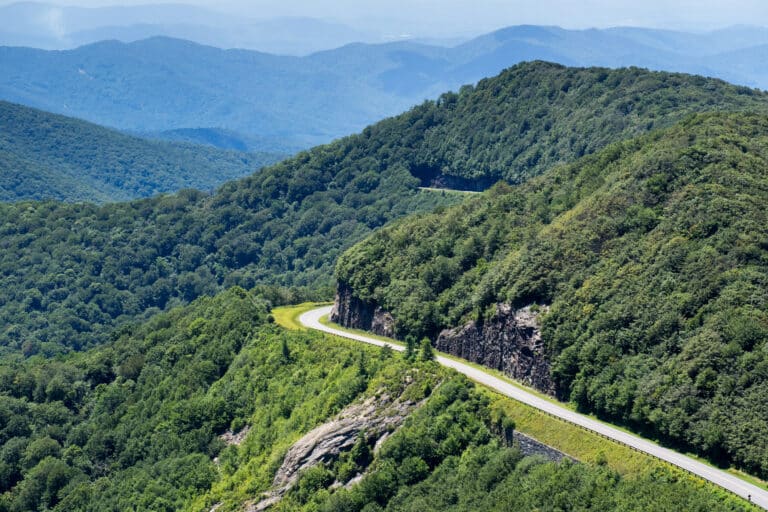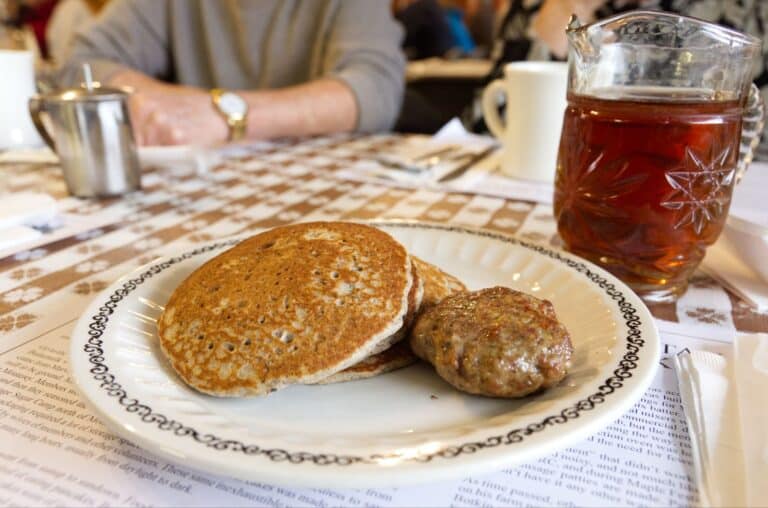YES
As an outdoor guide and land surveyor, I landed smack in the middle of many unmarked forests. Bushwhacking, when done correctly, offers many benefits to the avid backpacker. It instills the Leave No Trace methods of traveling and camping off trail, and it helps build orienteering skills that many people are losing because of new GPS technology. One should be competent with a map and compass before heading off-trail, and it's a good idea to leave an intended route with someone at home. Bushwhacking is a great way to really see wild places that most people will never see. I see so much more wildlife when off trail because people do not scare them off.
<em>Luke “Kool-Aid” Turner, Richmond, Va.</em>
Hiking trails are mostly developed to showcase a specific area of the landscape. These trails are merely handrails for hikers who are infrequent visitors to the outdoors, who need these pathways to help navigate their way around this new alien environment. One really doesn’t look and notice the subtleties of the outdoors when following a predetermined path. Bushwhacking is natural; it’s about discovery and challenge. There is nothing wrong with that.
<em>Han Clark, Knoxville, Tenn.</em>
Every environmental question has a million answers, because nature is never the same two times or two places. On the A.T. “hiker’s highway,” I stay on the trail. On hard rock, be it an exposed acre at Devil’s Tooth or 100 solid granite square miles in the Ansel Adams Wilderness, I ramble. In Maine and then California, high meadows were holy: I stayed on trails even when they were “hiker mud,” thankful that others did too. But if the crap I slog through on a Virginia ridge or a Sierra approach is from horses and the soil is cut to bits by iron shoes, if the songbirds are gone because the horse shit is feed for parasitic cowbirds or is full of fertile non-native seed and covered with blueflies, and if even the sandstone has been crushed to ankle-deep dust, then I do anything I can to get away from the path.
<em>James W. Laughner, Roanoke, Va. </em>
Bushwhacking off-trail is very necessary. High-traffic or popular trails destroy the natural aspect of the area. People leave trash, disturb plants and animals and leave a very unappealing “used” aura on the trail. Bushwhacking diverts traffic and gives the woods time to heal on its own. When the trails have more of a man-made road feeling than a spiritual path, its time to bushwhack.
<em>Dwayne Hamm, Spartanburg, S.C.</em>
I’m a Leave No Trace instructor and trail overseer for the Potomac Appalachian Trail Club, so I should say “no,” but our club does bushwhack hikes and it’s fun. We only bushwhack in the winter, because with the leaves off, it’s easier to see where we’re going. Also, by restricting bushwhacking to the late fall through late winter months, we avoid damaging herbaceous plants and disturbing ground-nesting birds. A final suggestion is to refrain from going off-trail in heavily-used areas, such as around campgrounds or picnic areas.
<em>Mark Gatewood, Mount Sidney, Va.</em>
<hr size=”1″ color=”#000″ width=”100%”/>
NO
Let’s leave the bushwacking to hairstylists and gynecologists. The impact of bushwacking can be detrimental to delicate plant life and ecosystems. Additionally, it can lead to confusion about the proper trail for the conscientious among us. If you want to bushwack a new trail, get involved with organized trail building/maintenance groups and stop tearing up our forests.
<em>Philip Weisenhorn, Lincolnton, N.C.</em>
Our trails are either naturally occurring animal trails that we larger animals have co-opted, or are the result of careful planning by those who maintain the trails. Bushwhacking results in unnecessary wear and tear on our forests, and can lead to broken tree limbs, crushed plants, unnecessary erosion patterns and other damage. As the number of people who use our trails increases, the impact of those people also increases. A trail is a narrow ribbon through a fragile ecosystem, and it is crucial to remember that we are guests of the forest. Being a good guest means staying on trail and minimizing one's impact.
<em>John C. Johnson, Roanoke, Va.</em>
The impact of thousands of hikers bushwhacking off trail would significantly impact the Southern Appalachians. Most trails give you plenty of beautiful sights and features. Leave the rest as it is so it will remain a wilderness forever.
<em>Tonya Duke, Troutville, Va.</em>
When you bushwack, you track more dirt onto the lugs of your boots and you risk getting that dirt onto the Park Service’s precious pavement. They in turn have to buy an extremely expensive street sweeper. It’s all one big tangled web when it comes to protecting nature.
<em>Nathan Brown, Tetonia, Idaho</em>
<hr size=”1″ color=”#000″ width=”100%”/>
Next Month’s Question:
<h4>Are you an athlete if you don’t compete?</h4>
<em>Email responses to [email protected]</em>







